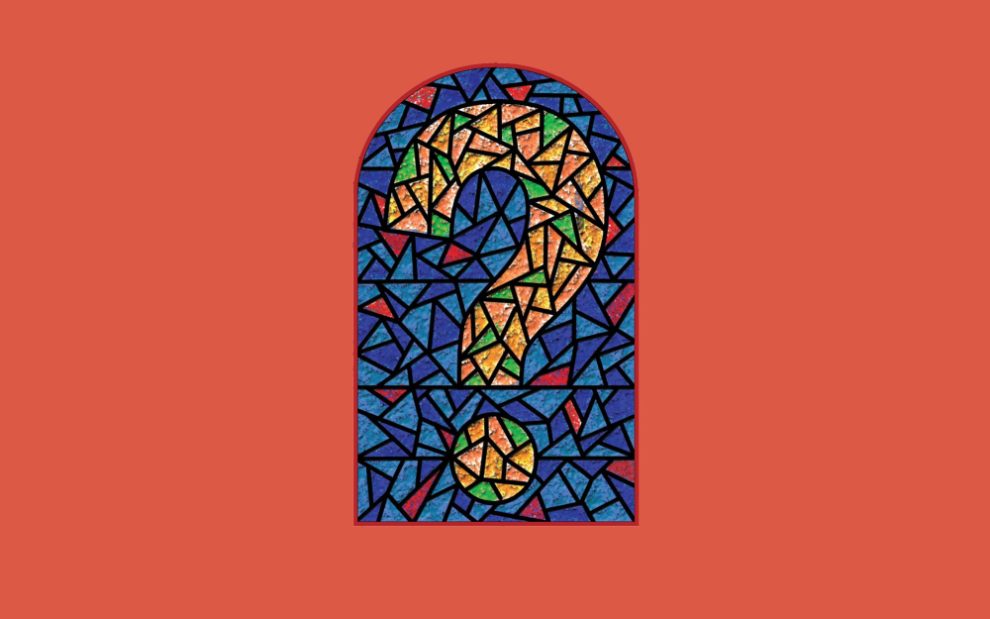Eating fish on Fridays, especially during Lent, is a well-known Catholic tradition that has been practiced for centuries. The custom takes different forms from one culture to the next and has generated fascinating conversations about what counts as fish and whether religiously oriented eating customs need to take into account such issues as food accessibility and geographic or economic privilege. And because how people eat is connected with their work, their economic transactions, and their family life, any tradition connected with food has to do with more than just sitting down at a table for a meal.
This tradition has influenced eating habits in non-Catholic circles as well. In many communities, the local fish fry is a popular event, regardless of religious affiliation. Plenty of fast food franchises make fish sandwiches available especially during the season of Lent.
But where did this tradition originate? Why do Catholics eat fish on Fridays? Does the institutional church have an official teaching about this practice? And does the custom vary according to the particular rite to which one belongs, within the big Catholic tent? On this episode of the podcast, guest Kathleen Manning talks to the hosts Emily Sanna and Rebecca Bratten Weiss about the origin and development of this seemingly simple Catholic practice.
Manning teaches history at Loyola University Chicago and has contributed to the Glad You Asked column at U.S. Catholic for more than a decade. You can find more of her writing and learn more about this tradition in the links below.
- “Why do Catholics eat fish on Friday?” by David Philippart
- “Lust, lies and empire: The fishy tale behind eating fish on Friday,” by Maria Godoy
- “A short history of the Roman calendar” by Kathleen Manning
- “Why do Catholics and Orthodox Christians celebrate Easter on different days?” by Kathleen Manning
- “Can women participate in Holy Thursday foot washing?” by Kathleen Manning
Glad You Asked is sponsored by the Claretian Missionaries.














Add comment